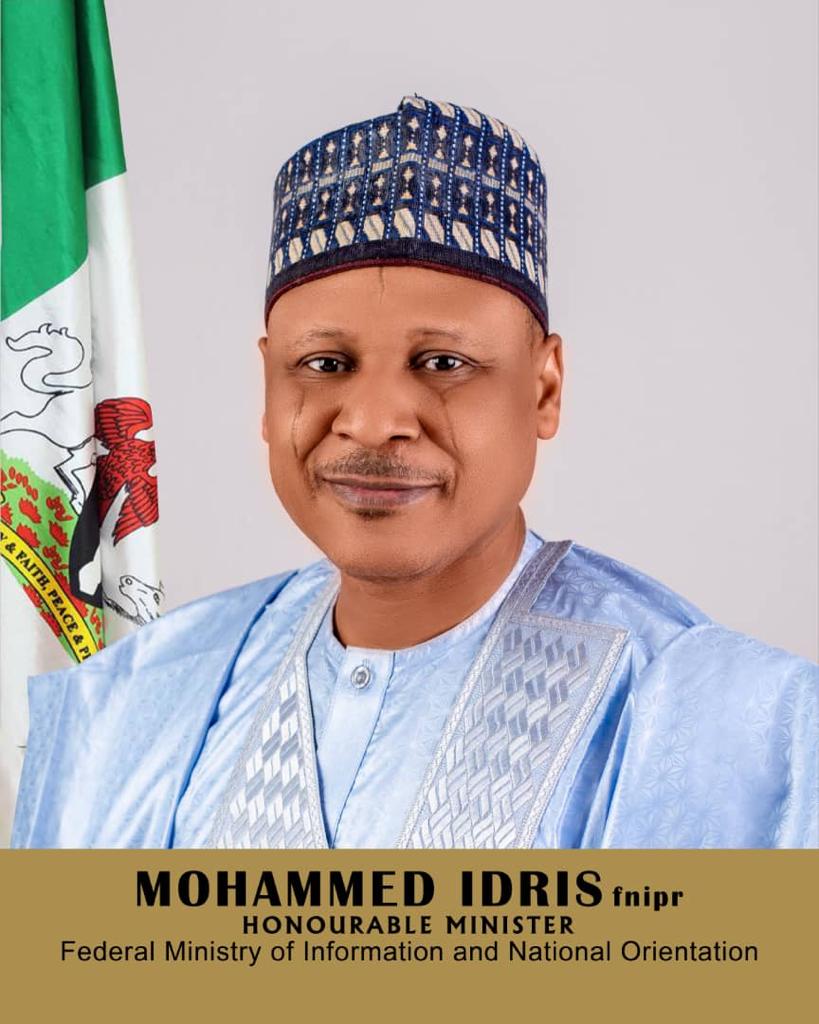The Central Bank of Nigeria (CBN), on Saturday directed all commercial banks to resolve disputes arising from use of Unstructured Supplementary Service Data (USSD) channel within three days.
Mr Dipo Fatokun, CBN’s Director, Banking and Payment Systems Department, gave the directive at the ‘Meet The Executive’ forum organised by Finance Correspondents Association of Nigeria (FICAN) in Lagos.
Fatokun, represented by Assistant Director, Banking and Payments System Department, Mr Taiwo Oladimeji, said such resolution would help build more confidence in the payment system and bring more people into the financial services net.
The director said some provisions of the regulatory framework for USSD were meant to make the channel more effective.
He listed some of the provisions as authentication measures for transactions, International Mobile Subscriber Identity (IMSI), Date of SIM Swap, Date of Device change, International Mobile Equipment Identity (IMEI).
The director said the maximum USSD transaction limit remained N100, 000 per customer daily, and that any amount above that required customers to execute indemnity at the bank.
“USSD transactions above N20,000 require two-factor authentication (2FA).
“No USSD financial service should be activated for customers unless the deactivation mechanism is put in place with effect from October, 2018.
“In addition, the CBN is currently working to properly structure and formalise the sandbox arrangement in Nigeria by collaborating with some infrastructure providers like the Nigeria Interbank Settlement System (NIBSS) to interact with FinTechs,” he said.
Fatokun, however, said the financial system was undergoing transformation through technology, and that it was not only peculiar to the financial services sector but all sectors of human endeavours.
“We are seeing new operators with technology savvy, more efficient models, and collaborations among new entrants as well as established participants in payments systems in ways that exhibit regulatory challenges.
“To meet up with the challenges, some countries have adopted regulatory sandbox approach which is not totally novel to the CBN.
“We are, however, working to properly structure and formalise the sandbox arrangement in Nigeria by collaborating with some infrastructure providers to interact with FinTechs,” he said.
Fatokun further said a functional National Payments System (NPS) was crucial to the financial sector development as it would increase confidence in the financial sector by ensuring a credible, reliable and efficient payment system.
He observed that in recent years, the Nigerian payment landscape had experienced a lot of innovation, bursting with enterprise and reaching the unbanked and undeserved. (NAN)



